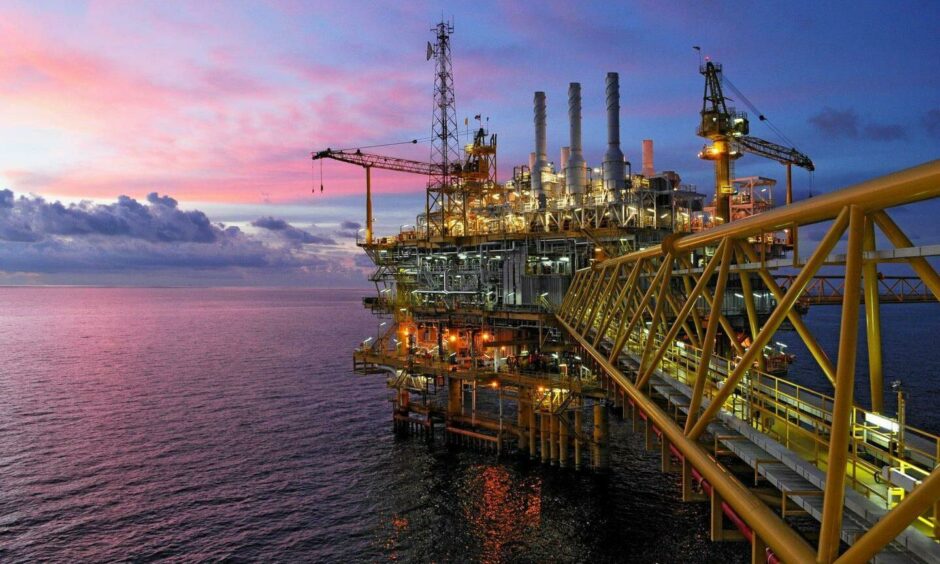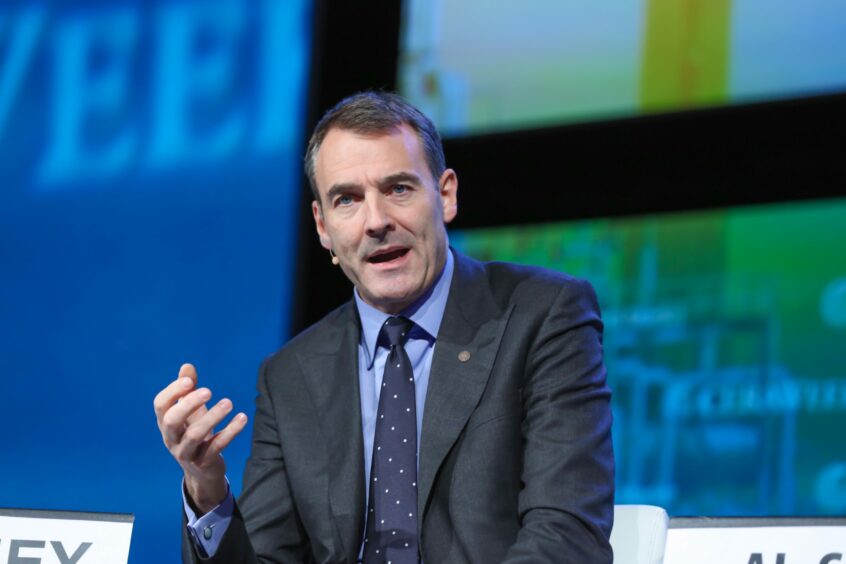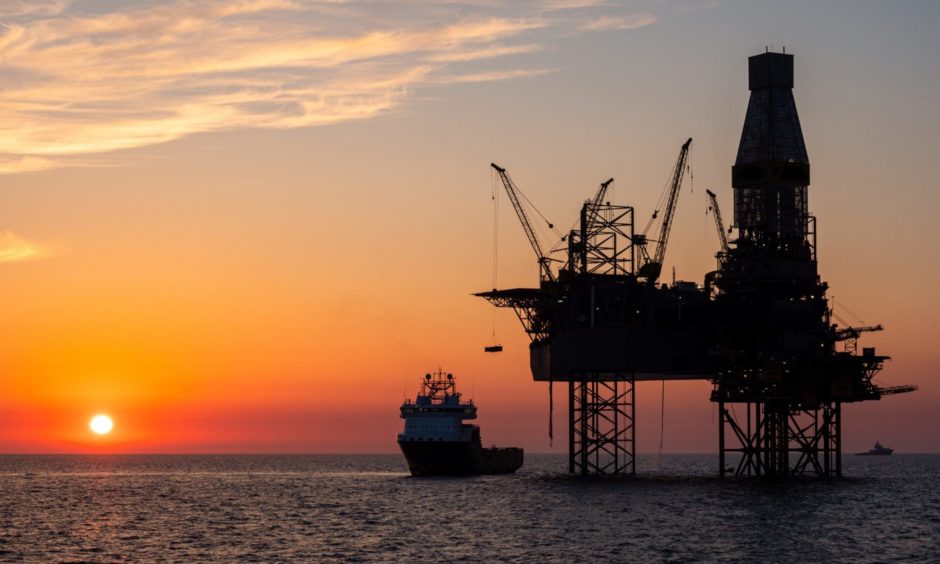Investments worth billions of pounds in vital infrastructure may be lost to the UK if politicians keep threatening to introduce a windfall tax on energy firms.
That is one of the grave warnings that will be delivered by Offshore Energies UK (OEUK) chief executive Deirdre Michie at the trade body’s annual conference at P&J Live in Aberdeen next week.
Ms Michie will say the cash could end up being diverted to projects in other countries.
She is also expected to underline that new taxes will not just damage company profits but may also drive up the cost of borrowing for new developments – making them more expensive and in some cases unviable.
A survey of OEUK’s 400-plus members suggests £200-250 billion has been set aside by energy companies for investing in offshore wind farms, hydrogen production plants and carbon capture facilities by 2030, as well as the cost of maintaining oil and gas supplies.
The UK Government has delivered mixed messages about a windfall tax.
Chancellor Rishi Sunak hinted a tax on energy firms currently raking in huge profits could be introduced.
PM – ‘not the right thing’
Prime Minister Boris Johnson said it is “not the right thing” but has not ruled the idea out either.
Senior Tory Michael Gove warned recently the move may lead to a drop in investment.
An amendment calling for the tax was put forward by Labour this week, garnering support from MPs across political divides.
But the move was, ultimately, rejected in the House of Commons by 310 votes to 248.
Even so, observers have said a government U-turn on the decision remains a possibility.
We should not risk upending what could be a remarkable British success story for a short-term gain that will fade far faster than the drop in investment that will certainly follow.”
Deirdre Michie, chief executive, Offshore Energies UK.
Ms Michie will tell the conference on Tuesday the energy industry is “proud” to help build the UK’s low-carbon future.
Speaking earlier today, she warned energy companies will struggle to raise funds if there is a risk of “random new taxes whenever the industry makes increased profits”.
She added: “We are worrying about energy prices now, but we should worry about energy supplies as well.
“The risk of shortages and rationing is already real in Europe. It will become real here too – unless we invest in the North Sea and other offshore resources.
“The threat to supplies is an issue not just now but for the long term.”
BP chief executive Bernard Looney made similar statements earlier this month, telling the supermajor’s annual general meeting “unpredictable” taxes would “challenge investment in home-grown energy”.
The Office for Budget Responsibility has estimated it will cost £1.4 trillion for the UK to achieve net-zero by 2050, with the energy industry expected to provide at least £1trn of that.
Ms Michie said: “We are proud our members will be among the biggest investors in the UK’s low-carbon future.
“However, these are huge long-term projects with many risks, especially around swings in the prices of gas and oil.
“The downturn in 2020-21, for example, saw many of our members incurring significant losses.
“That is why our industry puts a premium on stability in the way it is taxed and regulated.
“Sudden tax increases make it more expensive to borrow money for big projects – and that can make them unviable.
‘Remarkable British success story’
She added: “We should not risk upending what could be a remarkable British success story for a short-term gain that will fade far faster than the drop in investment that will certainly follow.
“If investment falls, then production will fall too and the UK will have to buy ever more of its oil and gas from other countries – meaning surging import bills and exposure to future shortages.
“Such policy swings risk achieving the opposite of what politicians say they want.
“A windfall tax now will reduce energy security, undermine the energy transition and impose huge long-term costs on UK consumers and businesses.”




Conversation